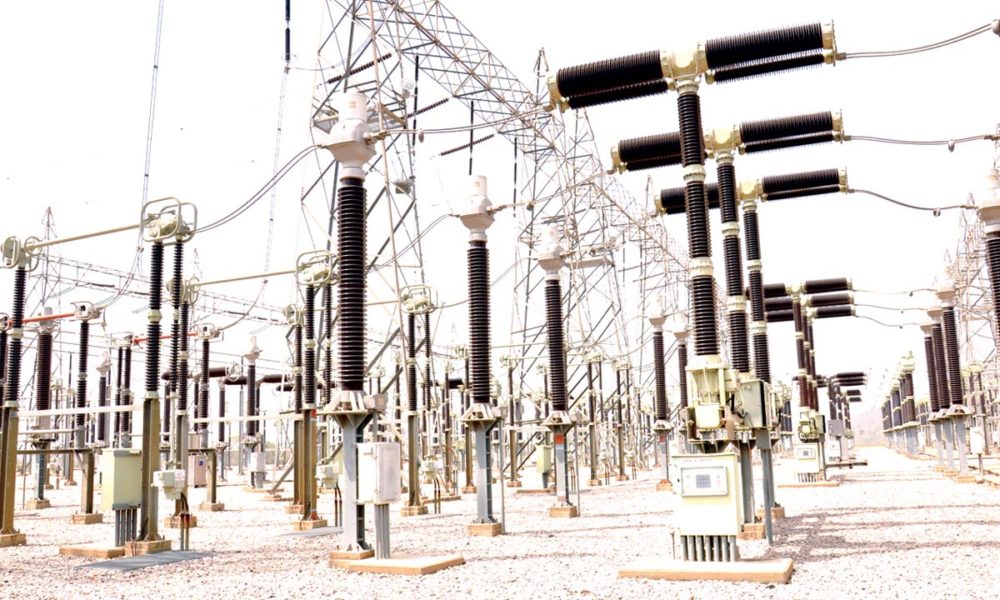Economy
Electricity Distribution Companies Experience 20.81% Revenue Growth Despite Decreased Power Supply
Discos realised N247.33 billion in the first quarter of 2023, up from N204.74 billion recorded in the same period last year

Nigeria’s electricity distribution companies, commonly known as Discos, have managed to defy the odds by achieving an impressive 20.81% revenue growth, even in the face of a decline in power supply.
This was revealed in the latest Electricity Report released by the National Bureau of Statistics (NBS) for the first quarter of 2023.
According to the report, the total revenue collected by Discos during Q1 2023 amounted to a staggering N247.33 billion, surpassing the N204.74 billion recorded in the same period last year.
However, it is worth noting that there was a slight dip in electricity supply, with 5,852 Gigawatt hours provided in Q1 2023 compared to 5,956 Gwh in Q1 2022. Despite this decrease of 1.74%, the Discos managed to sustain their revenue growth, indicating their ability to optimize their operations and enhance financial performance.
The report further highlights the significant expansion of the customer base, with a total of 11.27 million customers in Q1 2023. This represents a notable 1.89% increase compared to the previous quarter.
On a year-on-year basis, customer numbers witnessed a robust growth of 5.99% compared to Q1 2022.
Among the distribution companies, Ibadan Electricity Distribution Company emerged as the leader with the highest number of customers, boasting approximately 2.23 million consumers. It was closely followed by Abuja Electricity Distribution Company with 1.32 million customers and Enugu Electricity Distribution Company with 1.23 million customers.
In terms of revenue generation, Ikeja Electricity Distribution Company took the top spot, accumulating an impressive N49.76 billion, while serving a customer base of 1.07 million. Eko Electricity Distribution Company secured the second position with revenue amounting to N41.73 billion from around 666,941 customers while Abuja Electricity Distribution Company garnered N38.12 billion in Q1 2023.
Despite these positive financial results, there were reports of quiet tariff increases by electricity distribution companies, which sparked a public backlash. Many consumers criticized the timing of the tariff hike, stating that it added financial strain amidst the prevailing economic challenges in Nigeria.
The NBS report also sheds light on the increase in the average retail price of automotive gas oil paid by consumers in May 2023. This price rise adds to the growing concerns about the cost of essential services in the country.